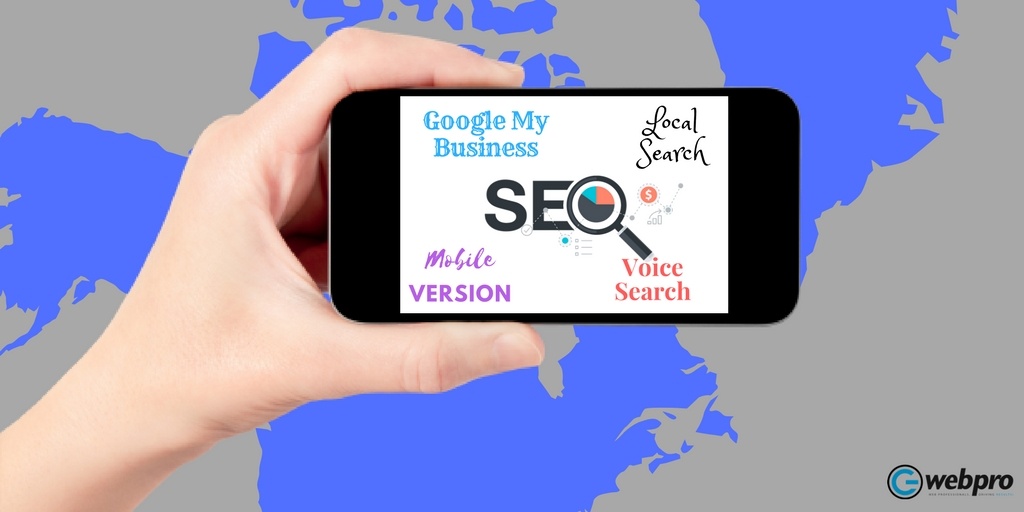According to Google, more than 50% of search queries are now made on mobile devices. Users are more comfortable using mobile apps than surfing on desktops. This means mobiles should be the prime target for businesses interested in growth.
Websites without mobile versions or poorly optimized for mobile devices will miss the opportunity to get a high level of audience engagement. They’ll also encounter a gradual rank drop in the SERPs. Here are some optimization tips that can save your website from an impending SEO disaster.
List Your Business in Google My Business
Google My Business offers an easy way to display your website in the search results. Just fill out the form and add as many images as possible. It will show a Knowledge Graph which includes your business details when users search with your business name. Listing your business will also boost your ranking in the SERPs on both mobiles and desktops.
Check Your Listings Often
Listing sites are very popular with mobile users because they are easy to use on the go. As a result, several listing apps are used today to find a business. To make the most of this trend, you need to check your listings often and ensure that all the details provided there are correct. You should also try to get some good reviews on these sites so that more users can rely on you.
Optimize for Local Searches
Local businesses can strongly benefit from search results on mobile, which is another reason to keep your local listings up to date. This includes checking which keywords are typed most often to search for local businesses similar to yours. Find that information and then better optimize your content.
Add Keywords Based on Voice Search
When it comes to optimizing your website for mobile devices, pay attention to voice searches. The keyword selection method meant for voice search is different from the normal ways of choosing keywords. When you pick keywords for desktop users, you need to concentrate more on exact match keywords. But for voice search, you should be choosing long phrase keywords because speaking something is not as time-consuming as writing it down. Also remember to look for informative keywords as people over the phone are more prone to ask questions.
Get a Mobile Version
Apart from being responsive, you should also have a mobile version of your site to secure a good ranking when searched on mobile devices. Most the of mobile users bounce if a site takes more than 5 seconds to load on a mobile. A mobile version ensures a fast-loading speed, reducing the bounce rate of your website. This means you will get an improved conversion rate.
Mobile Friendly Content
Clear fonts on a desktop may look fine on that piece of hardware, but this isn’t the case on mobile screens. You’ll need to use a different font style for mobiles. Even, the background colour can play an important role in improving the readability of your content on mobile devices. Therefore, remember to check for readability on mobile devices.
It’s only a matter of time before mobile SEO trumps desktop SEO. Get ready and make the necessary changes to improve the online visibility of your site on mobile.

